Transition Talks: Spotlight on Evidence Based Practices (EBPs) and Predictors

Secondary transition predictors of post school success and evidence-based transition practices (EBPs) have been identified through extensive research to guide decisions about transition program development, implementation and change. EBPs have been proven to positively impact transition procedures, practices and services that will improve postsecondary employment, education and community living outcomes. They can be used in a variety of settings, including classrooms, work sites and community environments. When implemented to fidelity, EBPs are empirically linked to improved student outcomes. EBPs are also important tools in professional learning to improve the development of student IEP goals and transition services that will result in quality transition plans for students with disabilities.
You will be receiving periodic issues of Transition Talks. Each issue will spotlight a different EBP for you to consider and use when developing and evaluating plans to improve postsecondary outcomes.
Spotlight
Harford County
Predictor of Independent Living –Transition Program and Community Based Instruction.
The Future Link Program at Harford Community College provides 18-21 year old students in Harford County the opportunity to audit courses at Harford Community College, participate in community based instruction, build self-advocacy skills and/or work in their community. Every student that participates in the Future Link Program has individual schedules based on person centered plans to reach their post-secondary goals. Mary Gernand is the transition coordinator for Harford County Public Schools.
Prince George’s County
Research based best practice and Predictor of Post-School Employment: Vocational Education (Career and Technology Education)
Liz Burley, Prince George’s County Public Schools Transition Coordinator, is expanding a summer program to provide rising 8th and 9th graders vocational education experiences with a Career and Technology Education (CTE) Summer Camp. Each student will experience various CTE programs and be able to decide early in the transition process if Career and Technical Education is a good match for them . This will help students to schedule classes and choose experiences that support their goals.
Questions to Consider
- How will EBPs impact quality transition planning?
- How will EPBs be used to improve graduation rates?
- How will EBPs be used as an assessment for transition programs and outcomes?
- How will EBPs and Predictors be used to develop focused, effective Professional Learning?
- How will EBPs be used to enhance student’s involvement in the IEP process?
Resources
- Live Binder: Secondary Transition in Maryland: Let the Adventures Begin
- NTACT: Evidence Based Practices and Predictors
- Your Complete Guide to Transition Planning and Services (Morningstar and Clavenna-Deane, 2018)*
* This pdf is not 100% accessible and is not a required resource.



